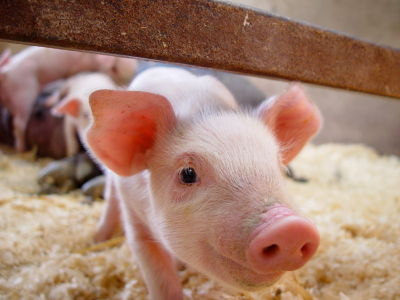Google (News  - Alert) is presenting a smarter way to operate the search engine. Its new search tool is designed to guide users more quickly and efficiently to the information they’re seeking.
- Alert) is presenting a smarter way to operate the search engine. Its new search tool is designed to guide users more quickly and efficiently to the information they’re seeking.
SEO analytics can be mystifying, and sometimes a search won’t lead you directly to your answer. The most infamous scandal that emerged as a result of Google Search manipulation is the case with Rick Santorum. Many people wondered how he managed to climb up the political ladder when he stood on the top rung of the search ladder next to some unflattering characterizations. Despite his search engine adversaries, things have cleaned up a bit. Google’s latest endeavor, Knowledge Graph, aims to sift through the distracting entries and present you with a Wikipedia entry and other related searches that will help you find whatever it is you need to know.
Since it was released earlier today, many of Google’s millions of Google + users have already been introduced to Google’s Knowledge Graph. People using the search engine will see a box appear to the right of the results page with more-than-likely, a Wikipedia entry followed by less popular contexts.
I entered the word “pig” into the search bar as an experiment, and what appeared in the Knowledge Graph was an image of an adorable, pink piglet. Next to the picture was this summary from Wikipedia.
 “A pig is any of the animals in the genus Sus, within the Suidae family of even-toed ungulates. Pigs include the domestic pig, its ancestor the wild boar, and several other wild relatives. Scientific name: Sus
“A pig is any of the animals in the genus Sus, within the Suidae family of even-toed ungulates. Pigs include the domestic pig, its ancestor the wild boar, and several other wild relatives. Scientific name: Sus
Higher classification: Suinae
Rank: Genus
Lower classifications: Flores warty pig, Javan Pig, Indo-chinese Warty Pig, Boar, More”
Many of the terms were linked. Below that box was the less familiar definition of the word, PIG. PIG, Google informs, is “a post-industrial music project… [Founded]… by Raymond Watts.
What I concluded from this is that if I wanted to know about the “post-industrial music project,” I would not have been successful with that search term alone. I would have to scroll down the page consisting of entries such as “Apache Pig,” “Pig Wheels,” “New Pig” safety products, etc. that are unrelated to Raymond Watts and possibly venture to other pages listing entries.
Google’s Amit Sighal says, "The dream has always been to understand things like you and I do, so this really feels like a sea change."
Edited by Rich Steeves
